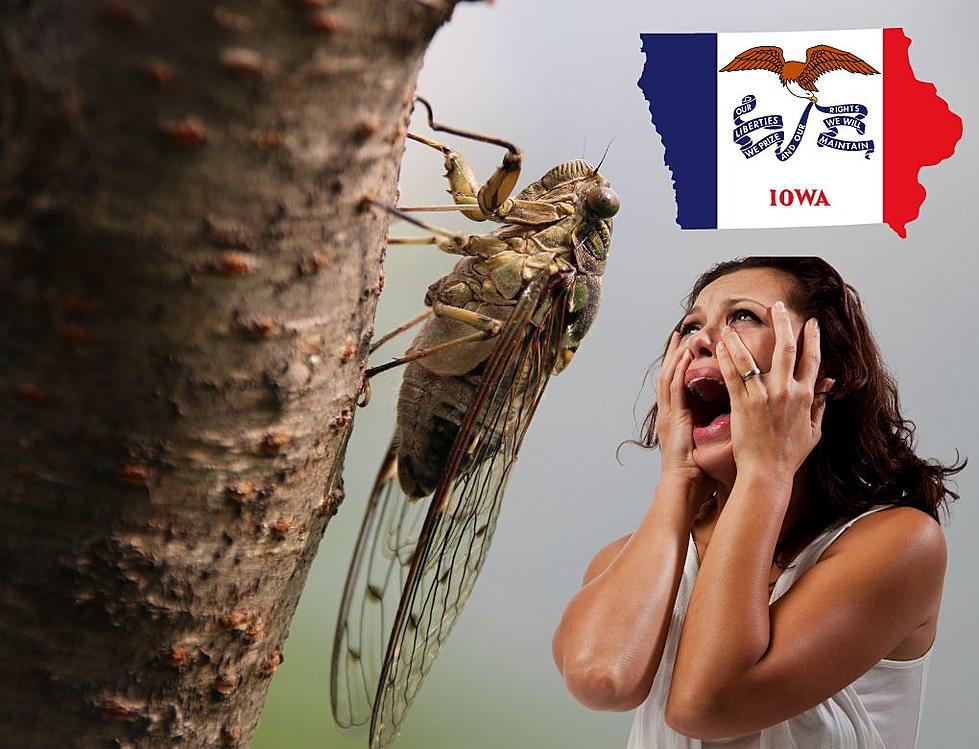
Ag News, Wednesday June 17, 2015
FDA Says Trans-Fats are not Safe
The food and Drug Administration announced Tuesday partially hydrogenated oils are not “generally recognized as safe” for use in human food.” Meatingplace reports partially hydrogenated oils are the primary dietary source of artificial trans-fat in processed foods. In 2013, the FDA made a tentative determination the oils could no longer be considered safe. FDA finalized that determination after areview of the scientific evidence and after considering public comments. The FDA noted that since 2006, manufacturers have been required to include trans-fat content information on the Nutrition Facts label of foods. Between 2003 and 2012, the FDA estimates that consumer trans-fat consumption decreased about 78 percent and that the labeling rule and industry reformulation of foods were key factors in informing healthier consumer choices. The announcement does not include animal feed, according to the American Feed Industry Association.
House Leaders Considering Standalone TPA Bill
While House Speaker John Boehner can bring up the current Trade Package before July 30th, the Hill reports GOP leadership in the House is also considering a standalone Trade Promotion Authority bill. That would send the bill back to the Senate, if passed. A standalone bill could come up as early as this week in the U.S. House. It would appear that if the bill would make it through the House, passage in the Senate would stand a dismal chance. The Senate sent the Trade package that included TPA and TAA to the House last month. House leadership told the Hill that if the House would pass a standalone TPA bill “It would then require the Senate to figure out what to do with TAA later.” The House failed to pass TAA, but passed TPA last week.
Farm to Glass Beers Trend Growing
The Washington Post reports the brewing industry is catching on to “farm-to-table” marketing. A growing number of brewers are using the term “farm-to-glass” beers, creating IPAs and sour ales with products grown in neighboring fields. States like Maryland allow “farm-to-glass” brewing operations to brew up to 15,000 barrels of beer a year, as long as that beer is made with Maryland agricultural products, such as hops or barley. Virginia passed a similar law in 2014, easing the path for farm breweries to open on land zoned for agricultural, because the act of brewing beer is considered manufacturing. In the Washington Post article, Bart Watson, chief economist for the Brewers Association, says that nationally, the number of farm breweries is “certainly growing.”
Source: NAFB News
More From AM 950 KOEL

![John Deere’s Biggest Tractor Will Be Built In Waterloo [PHOTOS]](http://townsquare.media/site/726/files/2024/02/attachment-Waterloo-Tractor-1.jpg?w=980&q=75)
![Eastern Iowa FFA Chapter’s ‘Tractor’ Video Goes Viral [WATCH]](http://townsquare.media/site/675/files/2024/02/attachment-tractors.jpg?w=980&q=75)




![Game-Changer Alert: ISU’s Viral Pork Campaign Just Got Even Better [WATCH]](http://townsquare.media/site/726/files/2023/11/attachment-cook-moore-hamman.jpg?w=980&q=75)

